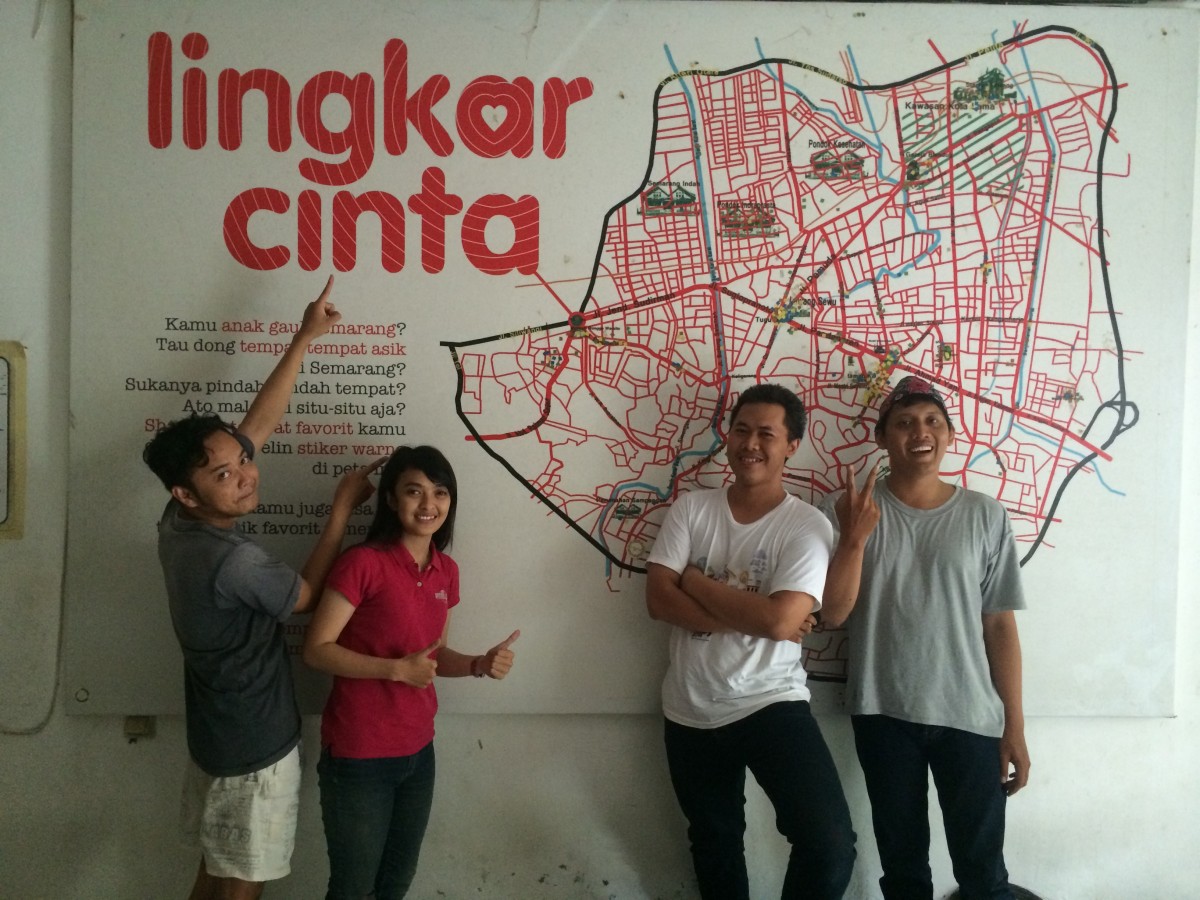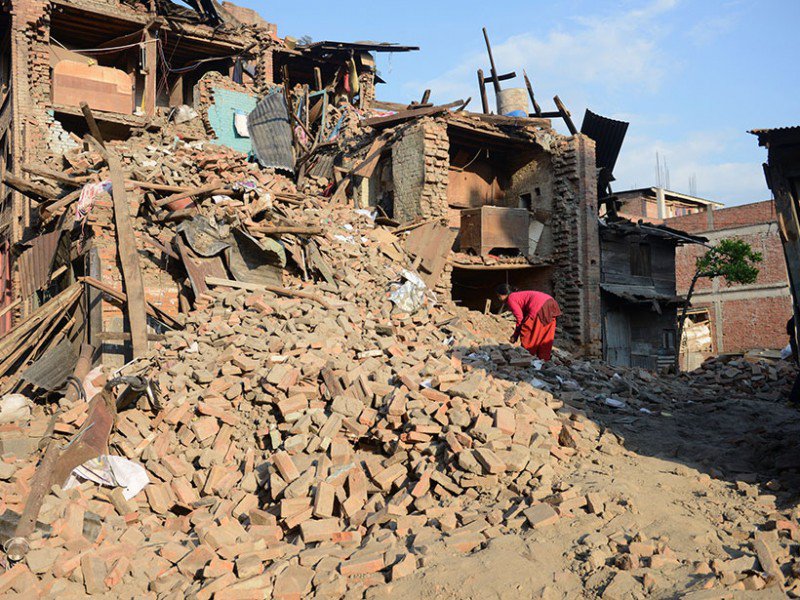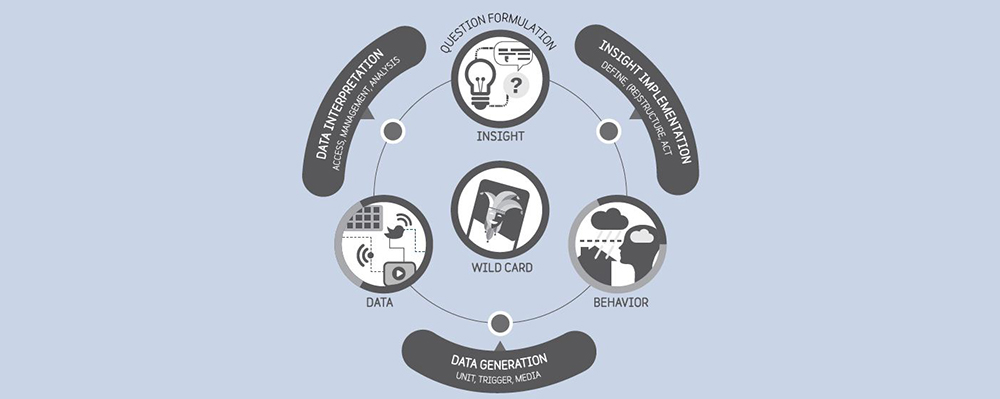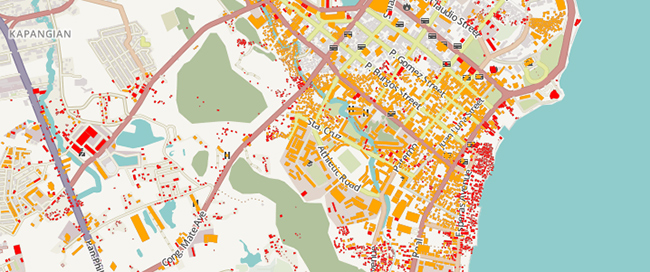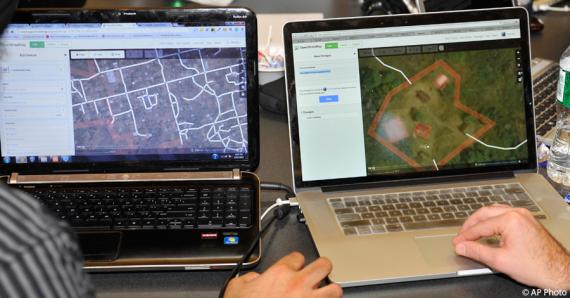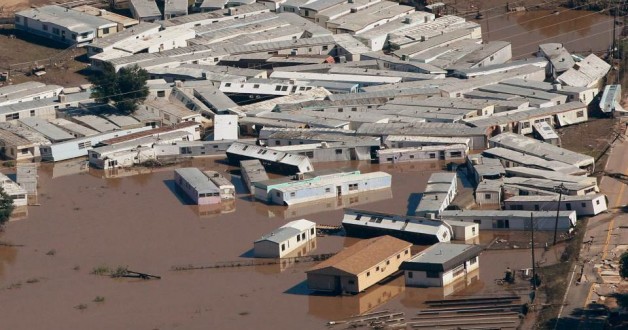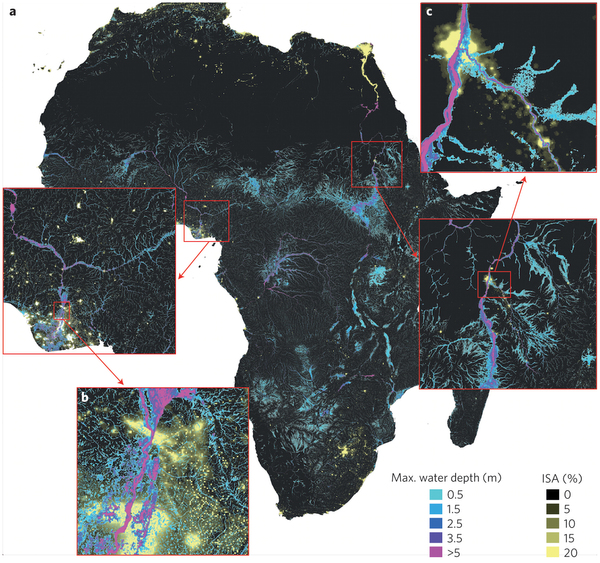September 14, 2015 7:32 pm
After growing up in Manila, one of the densest and most cyclone-prone cities in the world, I expected my first visit to Mongolia to be filled with vast plains and blue skies. The plains and skies did not disappoint – but I quickly learned that Ulaanbaatar, the country’s capital, is a city that is rapidly becoming like many other cities where I have lived and worked...
September 11, 2015 8:53 pm
Today we’re excited to release this video that highlights Ushahidi’s work in Indonesia and how we’re finding resilience in unexpected places; using the convening power of open data to connect citizens to city government; and how we are part of a movement to nurture local tech ecosystems...
September 1, 2015 7:15 pm
The magnitude 7.8 earthquake that struck Nepal on 25 April killed more than 8800 people, injured another 23,000+, and destroyed at least 500,000 buildings...
August 28, 2015 3:40 pm
The Global Facility for Disaster Reduction and Recovery (GFDRR) and the UK Department for International Development (DFID) will launch a Challenge Fund on March 16, 2015, at the World Conference on Disaster Risk Reduction (WCDRR) in Sendai, Japan...
August 28, 2015 3:36 pm
Sometimes the impacts of disasters seem difficult to predict, such as when the heavy snow that set off deadly avalanches in Afghanistan this winter also damaged transmission lines...
August 26, 2015 10:30 pm
As events around the world mark Open Data Day, the Department of State is proud to celebrate the anniversary of one its own open data initiatives.
August 12, 2015 8:54 pm
The Global Earthquake Model recently interviewed Andy Thompson, formerly of Arup, on bridging the gap between technical and non-technical people. On 2009 you wrote Peace of mind in earthquake country (together with Peter Yanev), which is considered “the bible about earthquake risks”. Why do you think it was so well received by the non-expert public?
August 6, 2015 3:44 pm
Floods affect more people globally than any other type of natural hazard, causing some of the largest economic, social and humanitarian losses. The great tragedy is that much of these losses could be avoided or at least reduced.
July 24, 2015 6:05 pm
New computer models that estimate the social and economic impacts of flooding are helping to protect people from devastating floods, and to reduce the economic losses associated with them...


